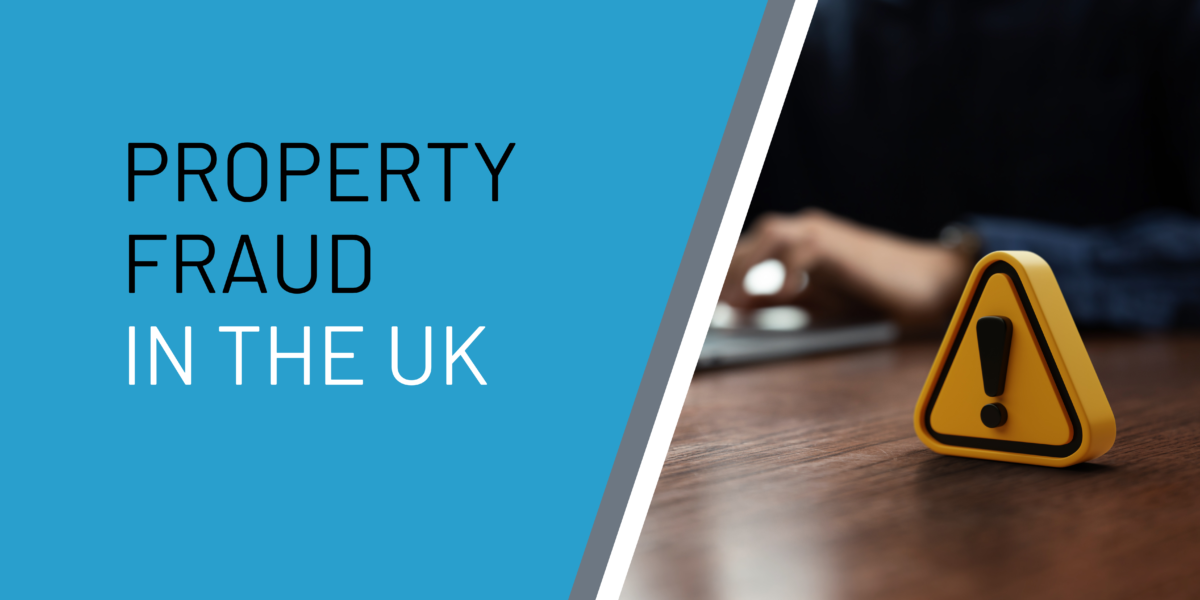Protect Yourself from Rising Property Fraud in the UK
Property fraud has become a growing concern across the UK over the past five years, affecting everyone from individual homeowners to professional property buyers. With hundreds of cases reported and millions of pounds lost each year, it’s essential to understand the risks and how you can protect yourself and your investments.
How Big Is the Problem?
Property fraud happens when criminals illegally transfer ownership of a property or fraudulently take out mortgages using stolen identities or forged documents. The UK Land Registry has paid out millions of pounds each year in compensation to victims of these frauds. In 2020 alone, property fraud cost victims around £3.5 million, marking a sharp rise compared to previous years.
No County is Safe
Property fraud isn’t limited to big cities or specific counties—it’s a nationwide issue. Notable cases have occurred everywhere from Kensington in London to smaller towns like Luton. Fraudsters target any property, especially those left vacant, rented out, or without a mortgage, as these properties are easier to exploit.
Common Types of Property Fraud
- Title Fraud (Owner Impersonation): Fraudsters pose as property owners, using fake identities and forged documents to illegally sell or mortgage properties.
- Mortgage Fraud: Criminals use stolen identities to take out mortgages on properties they don’t own, pocketing large sums of money.
- Rental Fraud: Scammers pretend to be landlords, renting out properties they have no right to manage, collecting deposits and rents from unsuspecting tenants.
- Council Housing Fraud: Individuals illegally sublet council properties or falsely claim discounts under schemes like Right-to-Buy.
Real-Life Examples
- The Luton Case: Reverend Mike Hall returned home to discover his house had been fraudulently sold while he was away. His identity had been stolen, and the property had changed hands illegally.
- The Kensington Fraud: A mother-daughter team changed their identity to impersonate a homeowner, securing a £1.2 million mortgage against a property they did not own.
Industry Response and Prevention
The property industry is actively combating fraud with increased vigilance, stringent identity checks, and advanced technological solutions. Estate agents, solicitors, and conveyancers now employ rigorous anti-fraud measures to safeguard their clients.
Property owners can also protect themselves by:
- Signing up for the Land Registry’s Property Alert service, which sends notifications about any activity involving their property.
- Considering title insurance, which offers financial protection against fraud.
- Ensuring proper identity verification and due diligence during property transactions.
Staying Ahead of Fraudsters
While property fraud cases remain relatively low compared to the total number of property transactions each year, even a single incident can cause enormous financial and emotional distress. Staying informed, alert, and proactive is the best way to protect yourself, your clients, and your investments from becoming victims of property fraud.

